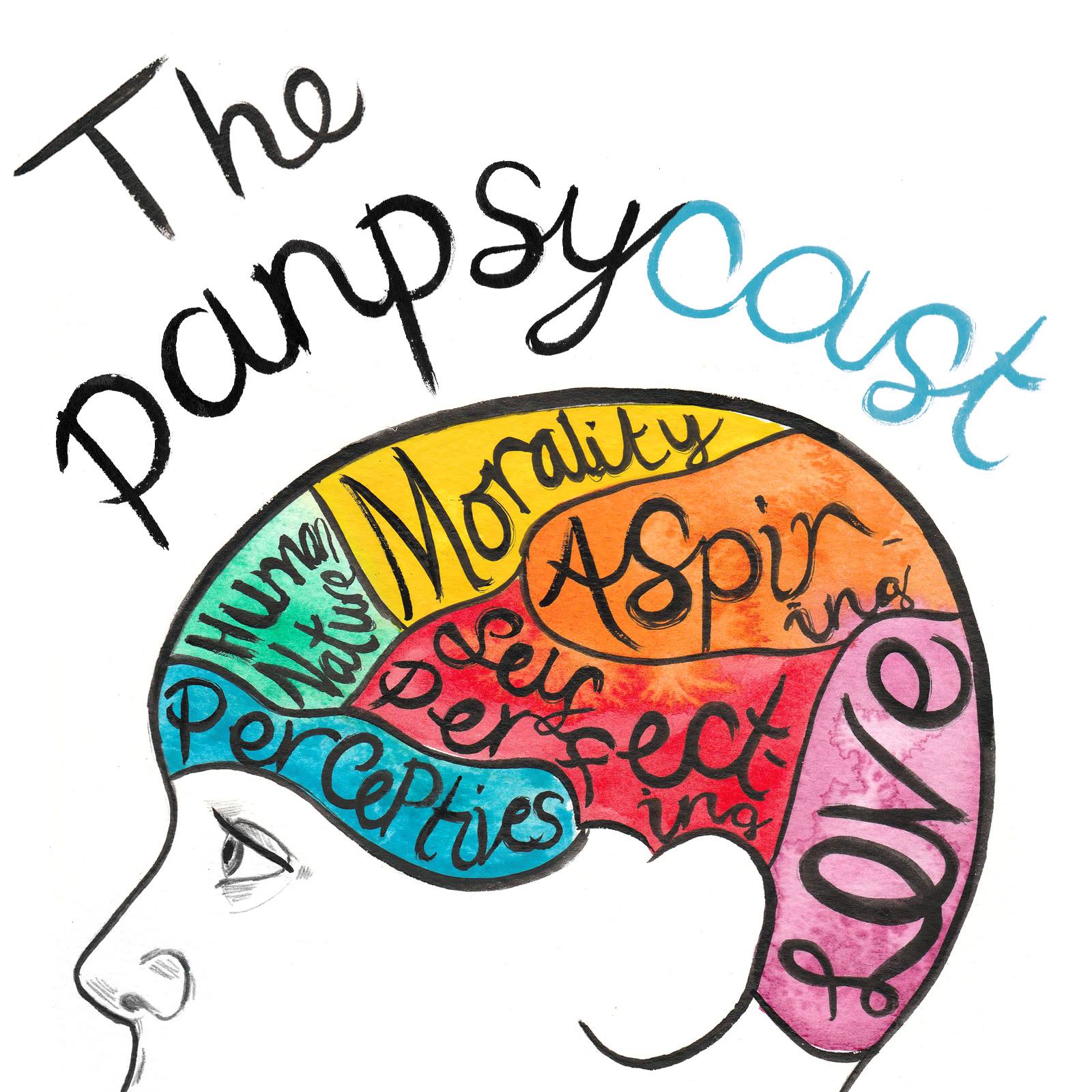Welcome to 'Episode 57 (Part I)', where we'll be discussing personhood and consciousness with Sam Coleman.
Specialising in philosophy of mind, Sam Coleman is a reader in philosophy at the University of Hertfordshire. Coleman’s main work centres around questions concerning consciousness, predominantly, on what has come to be known as ‘the hard problem of consciousness’. To paraphrase Colin McGinn, the problem can be summarised as follows: how does soggy grey matter give rise to vivid technicolour experience?
In this episode, we’re going to be focusing on Coleman’s views concerning ‘Personhood, Consciousness and God’, specifically relating to pantheism. In a word, pantheism is the view that God is identical with the universe, as the pantheist slogan goes, “God is everything and everything is God.” If we are to think of personal identity as a stream of uninterrupted consciousness, Coleman argues that pantheism runs into significant problems. Instead, Coleman suggests an alternative theory of personhood which leaves open the possibility of a personal God, which is identical with the universe. As we will find, Coleman’s view bridges fascinating philosophical questions concerning personal identity, metaphysics of consciousness and God, into an original and exciting pantheist theory.
The file size is large, please be patient whilst the podcast buffers/downloads/illuminates its unconscious qualiaThis episode is produced in partnership with ‘the Pantheism and Panentheism Project’, which is led by Andrei Buckareff and Yujin Nagasawa and funded by the John Templeton Foundation.
Contents
Part I. Personhood and Consciousness.
Part II. God, Further Analysis and Discussion.



